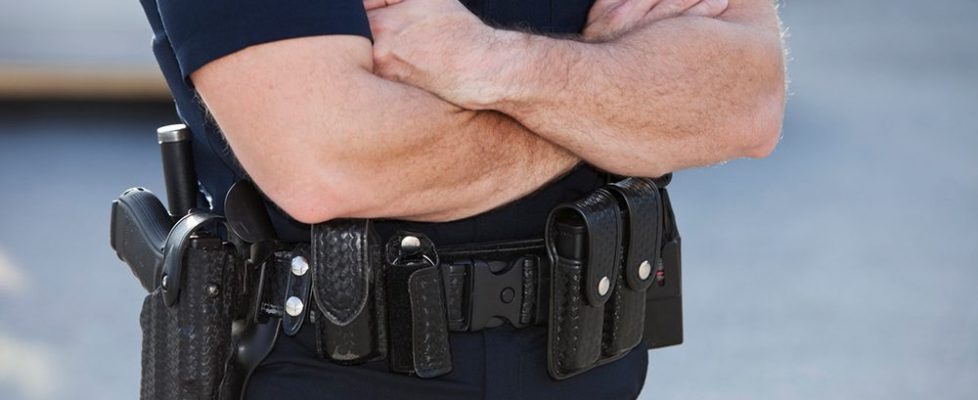Lethal Force Against and By Security Top Cities and States
CHARLOTTE NC SEPTEMBER 7 2018
About every two years, Private Officer International researches our archives of news stories and researches multiple on-line local and federal data bases, public records, law enforcement data, news headlines and other resources to compile an accurate look at the present and real dangers to private security front-line officers.
During the past ninety days, we have again collected those statistics and found like an old saying that we’ve all heard- the more things change, the more they really stay the same.
Our research has found that very thing in many areas of our nation. Hot spots, dangerous cities and frightening statistics have not changed much in some cities and states.
In early 2017, we reported that these were the most dangerous cities and states for private security to be working in:
The 10 Most Violent Cities
Houston
Chicago
Miami
Dallas
New Orleans
New York City
Detroit
Washington DC
Orlando
Atlanta
10 Most Violent States
Texas
Florida
California
Mississippi
Illinois
Louisiana
South Carolina
Tennessee
Virginia
Georgia
And now, almost two years later, we again have found this:
The 5 States Where Private Security Uses and Faces The Most Lethal Force Incidents:
TEXAS
The cities are ranked by lethal force use and threats against security officers
Houston
Dallas
San Antonio
Austin
FLORIDA
Miami Metro
Orlando Metro
CALIFORNIA
Central California
Southern California
Northern California
NEVADA
Las Vegas Metro
TENNESSEE
Memphis
Nashville
Chattanooga
Knoxville
Security officers in Texas, primarily in Dallas and Houston combined, have used lethal force more times during the past eighteen months than private security officers working in New York City and Los Angeles combined.
Texas security have also fatally wounded more individuals during the past eighteen months than in any other state.
Fatal shootings by Texas security officers to prevent theft during this time frame have also exceeded all other states in part because of Texas Penal Code Title 2, Chapter 9, Section 42, which says using deadly force to protect one’s property is justified in limited circumstances, including when the person “reasonably believes” such force is necessary to prevent imminent “theft during the nighttime” or “criminal mischief during the nighttime.”
Security officers have taken this law literally, justifying the fatal shootings of at least four persons just in the past few months.
Of those recently killed by security officers, three persons were stealing property and one snatched cash from an armored truck security officer and was fleeing when the security officer shot and killed him.
Texas security officers are also more likely to be involved in physical force incidents and use of lethal force confrontations at nightclubs, strip clubs, game rooms and restaurant and bar combination businesses than in any other state.
The size of the state and the number of both licensed and proprietary security has in recent years put more armed security officers on the streets and in businesses and that has put them into more situations where force has been used against them and they in turned, have turned to lethal force options in return.
Texas, California and Florida have led the list of having the most security officers killed in the line of duty for almost fifteen years and they probably will continue to do so as the number of persons employed in the security field continues to grow in those states and the use of private security continues to broaden to more diverse clientele.
Besides the states listed, other states including Michigan, South and North Carolina, Illinois, Georgia, Alabama, Arizona, Virginia and Mississippi frequently see upticks in lethal force use by security officers as well as lethal force being used against the security officers.
In growth states where the private security industry is exploding and in areas where more security officers are being armed to work in school systems, the keys for officer safety and the correct use of force by personnel will continue to be more advanced training, applicant selection and quality supervision for the safety of our men and women on the front-line.




